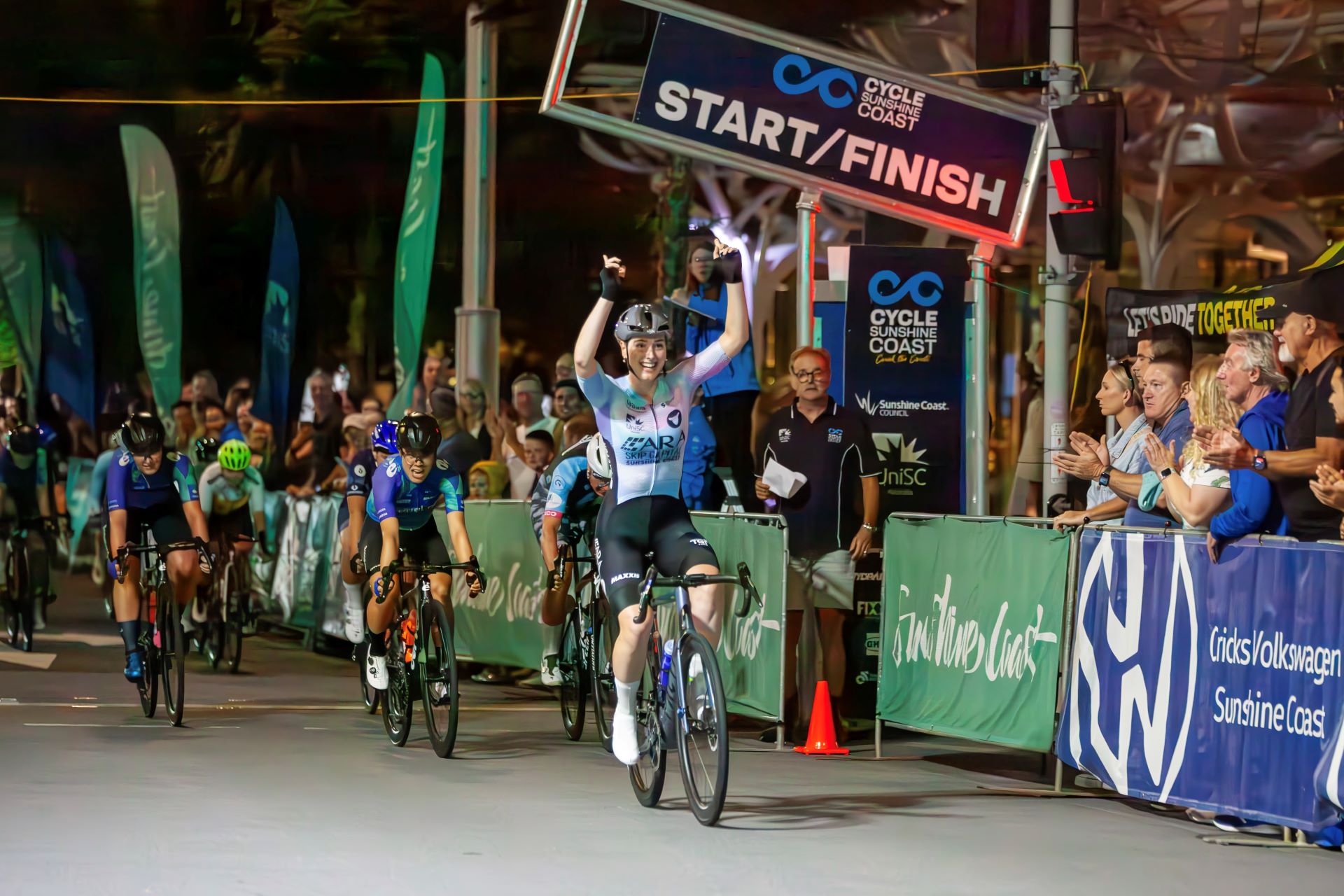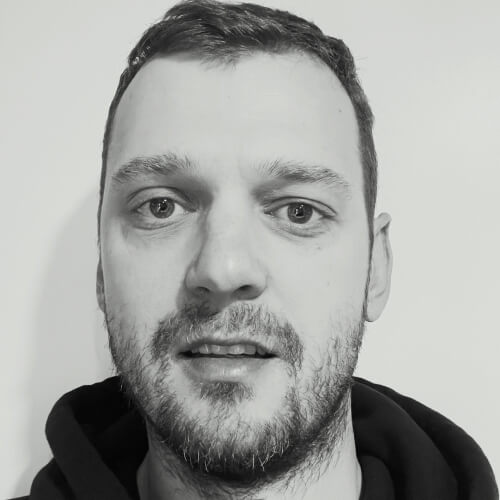When Australia’s 2024 National Road Series (NRS) wraps up in November, the series as we know it will be gone. The country’s best domestic road racing competition, a competition that’s existed for more than 15 years now, will be wound down and replaced with something new.
The ProVelo Super League will kick off in early 2025 and is being helmed by everywhere-man of Australian cycling, Matt Wilson, and his business partner Aaron Flanagan. The new series is endorsed by AusCycling, the traditional custodians of the NRS, and crucially, it’s being backed by the most important benefactor in Australian cycling history, Gerry Ryan.
The NRS has long been one of Australia’s best proving grounds for up-and-coming road cyclists, with Richie Porte and Grace Brown among the many who have come up through the series. But it’s been clear for several years now that the NRS is in need of a shake up.
Organising events is harder and more expensive than ever, fielding teams and paying for race entries is similarly difficult, sponsors are hard to come by, and, historically, even the most ardent fans of Australian cycling have paid little attention to the NRS (if they even know where to look).
Wilson is uniquely placed in being able to both diagnose these problems, and offer a solution. He organises NRS events (Cycle Sunshine Coast), he runs NRS teams (ARA-Skip Capital), he came up through Australia’s domestic racing scene before spending over a decade as a professional, and he was a sports director at Orica-GreenEdge for most of a decade, meaning he has a close connection with Gerry Ryan.
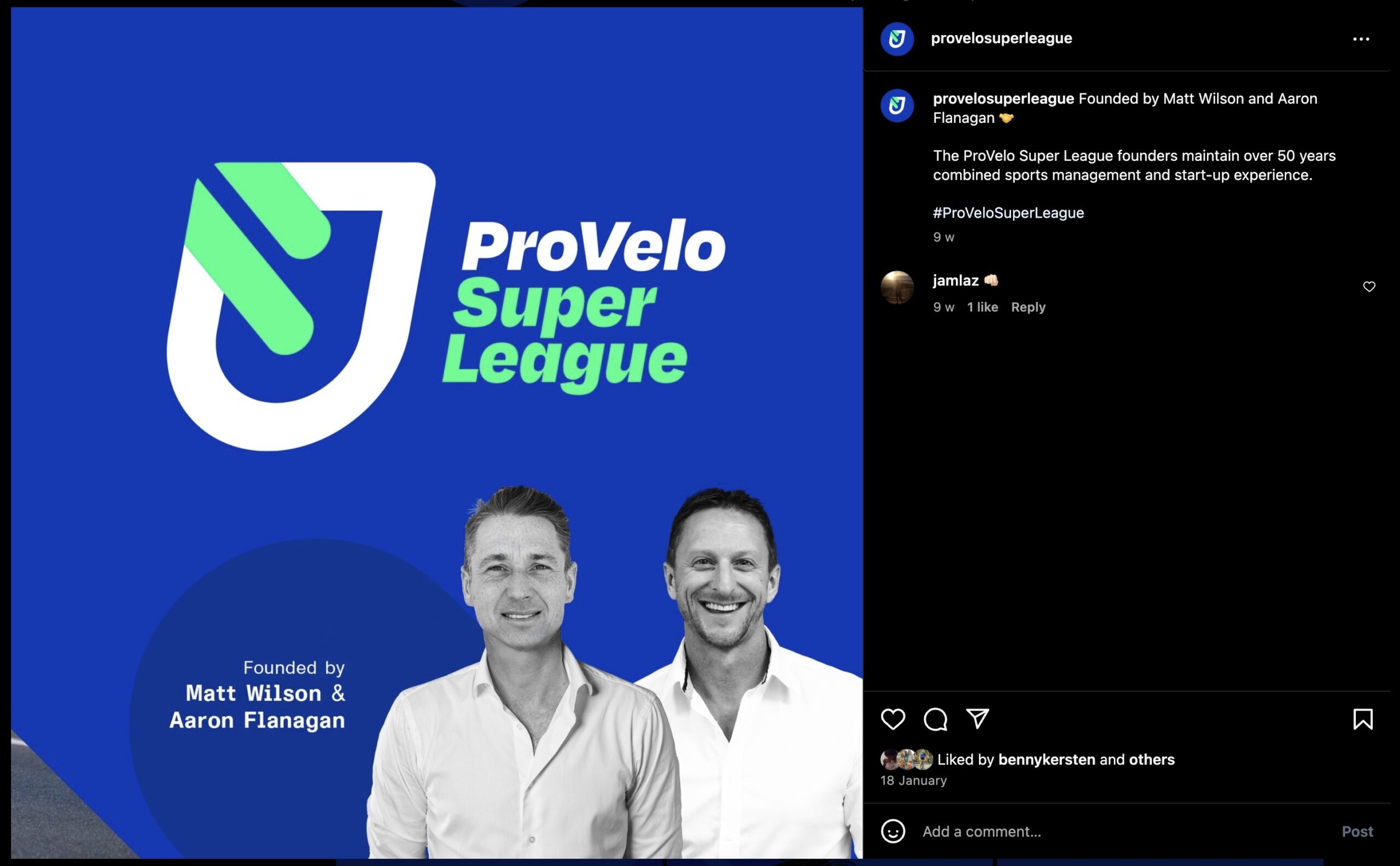
“[The NRS has] been a fantastic launchpad for a lot of riders, but the writing has been on the wall for a while,” Wilson tells Escape. “I think that the current model wasn’t really working. Commercially, especially, it wasn’t working and that was forcing events to run leaner and leaner and get pushed out to the middle of nowhere where no one’s watching, and the broadcasting opportunities were becoming less and less.
“And when you get into those situations, obviously, the commercial outcomes and sponsors start to dry up and then when they dry up, the teams dry up and events dry up. And, you know, you can see where it’s all heading.”
And so Wilson started working on a solution for 2025 and beyond.
“I’ve had an idea for a while about how we might be able to flip [the NRS] on its head and at least try to turn things around,” he says. “And it involves sourcing a funder, an equity partner, and to have a series backed by private equity and try and prop up events, prop up teams, and attract new sponsors into the sport and put it on in a way that was going to be attractive for audiences, whether that’s on site watching the race live, or watching it on a broadcast live stream.
“If we could do that, then obviously there’s a glimmer of hope for road cycling.”
Wilson worked on a strategy throughout 2023 and consulted with AusCycling in December. The national body gave Wilson the all-clear to start looking for the money to run a series that would replace its NRS.
“The first investor that we spoke to was Gerry Ryan, more to bounce it off him and just to see what his thoughts were about it,” Wilson says. “And he was on board straight away. He could see the need for it, he thought it was a great idea. And we’ve been going full-gas ever since.”
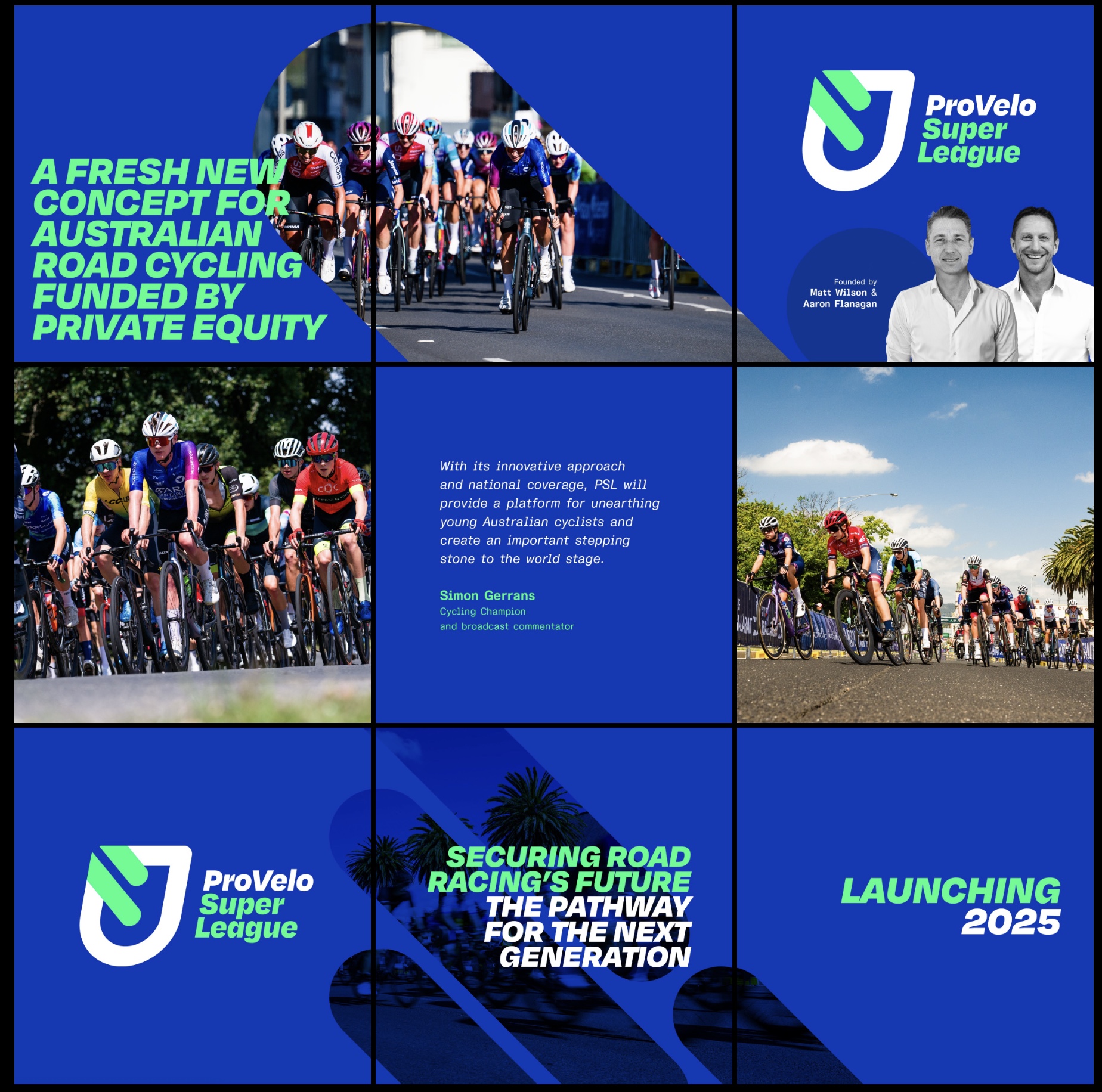
A new series
Where the existing NRS runs from early February through to mid November, including long periods without any racing, the ProVelo Super League (PSL) will be a shorter series, roughly three months in length, starting around the time Australia’s international summer of cycling comes to a close.
Rather than entering events on a race-by-race basis (like they do in the NRS), teams will pay a one-time fee that grants them entry to (and obliges them to be at) all PSL events. It’s a system, Wilson says, that should benefit everyone.
“In Australia, typically you pay an entry fee, and you go to the race,” Wilson says. “The race organiser would hope that you enter and if you enter then they have a field of riders. So the race organiser’s sitting there, telling local government, telling sponsors, telling everyone they’ve got a race on, but three weeks before the race, they’ve got no entries. So the race organisers are sitting there holding all the risk, promising all this stuff, but not knowing what’s going to happen.
“And then likewise, teams are going ‘Well, I’ve got to pay for flights, accommodation, gotta pay for everything. And then I’ve got to pay $350-$400 a rider on top of that.’ And all of a sudden, it’s a $10-15,000 exercise to go to a national race.
“So we wanted to create a model that was better for organisers, because they know who’s going to come to their race, and benefit teams, because they’re committed to go to that race, and they’re doing it in a more cost-effective way.”
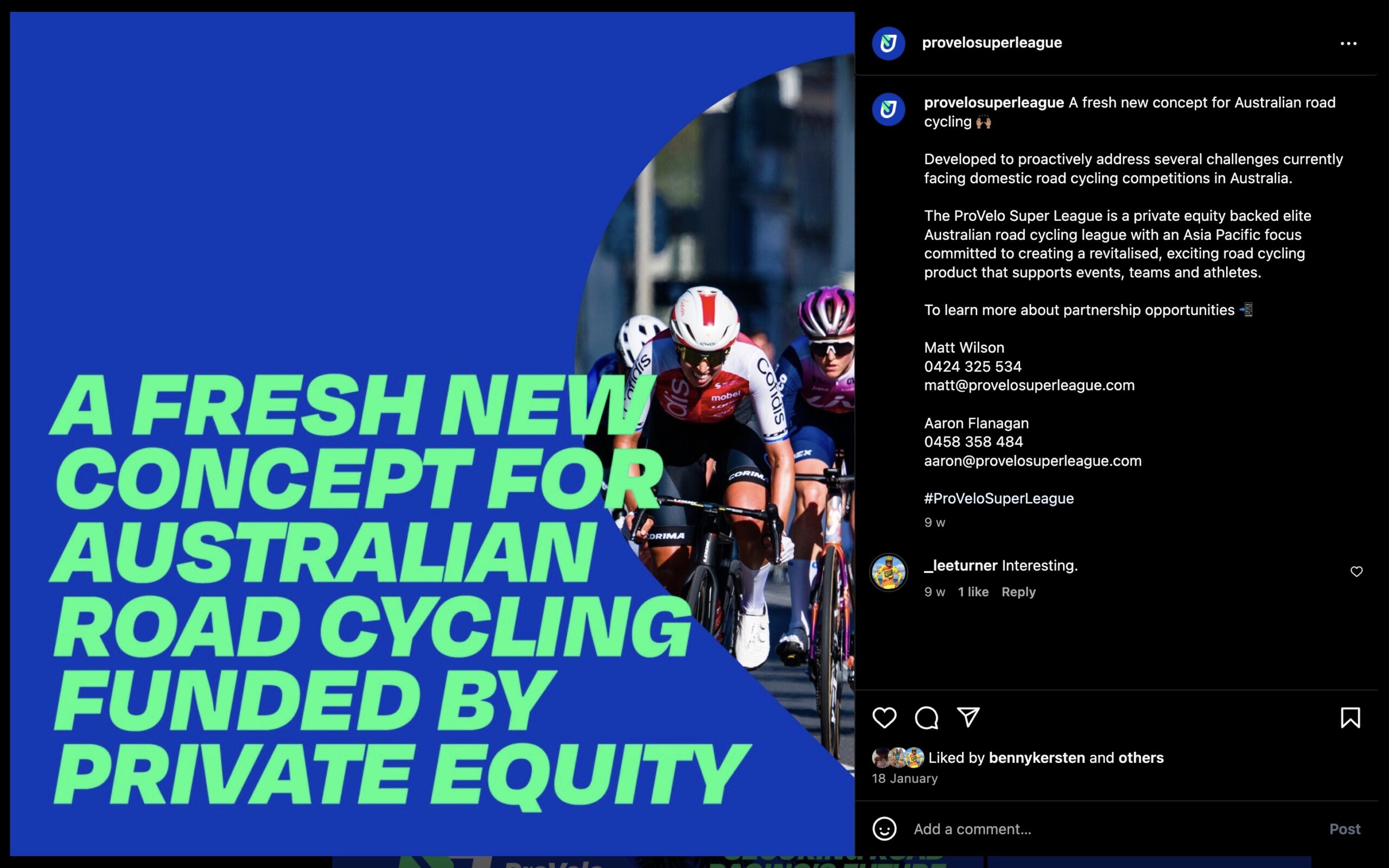
Wilson says that, so far, the response from existing teams has been “overwhelmingly positive”. He’s aiming for 18 men’s teams of six riders at each event, and 12 women’s teams, also of six riders. Having small teams means that for the biggest squads in the country – the likes of Wilson’s ARA-Skip Capital and BridgeLane – more of their roster than normal won’t be at the biggest races on the domestic calendar. To offset that downside, state teams will take part in the PSL as well, with riders allowed to represent their state when they aren’t picked for their trade team.
And Wilson is hopeful that it won’t just be Australian riders that take part in the PSL.
“New Zealand and Asia, I think, are the key targets there, getting them informed of what we’re doing, and trying to see if we can get a few international teams,” he says. “I think it’s a good time in the calendar for both of those regions to come and do a block of racing.
“And the idea with this calendar is to keep it compact, keep it short, and keep it cost-effective. So for an international team to come out, they can go ‘OK, well, we can come out for eight to 10 weeks, and do a race on just about every weekend.’”
The calendar
The calendar for the inaugural PSL is yet to be finalised, but at present, the plan is for it to include seven races, with men and women getting an equal number of race days and sharing equal prize money. Three of the seven events on the PSL calendar are part of the existing NRS, and are some of Australia’s oldest and most revered races: the Melbourne to Warrnambool Classic, the Grafton to Inverell, and the Tour of Tasmania. Then there are four new races.
“We’ll start with South Australia, somewhere around that Summer of Cycling period,” Wilson says, referencing a new event that’s in the works. “We’ve got potentially a new event in Melbourne that will start, and then a new event in Sydney, which is starting to take shape, which is looking good. And an event in Brisbane will happen.
“The idea is to bring the series to the capital cities, at least one of the stages. We’ve got to be realistic – we’re not going to be able to run a road race around Sydney across the Harbour Bridge or anything like that. At the moment, we want to run at least a Friday night criterium in those city centres. Somewhere where it’s exciting, it’s under lights, we’ve got some music going, we can get people out to it and bring the race to the people. And then we probably have to go out somewhere a little bit more reasonable to run the road sections of tours.”
Wilson envisages “a very similar format” for all of the tours on the PSL calendar.
“Come in on a Friday, have a Friday night criterium in the city centre, we run a double stage day on the Saturday – a road race and another crit, or a road race and a time trial – and then we have a real sort of meat-and-potatoes Queen stage on the Sunday,” he says.
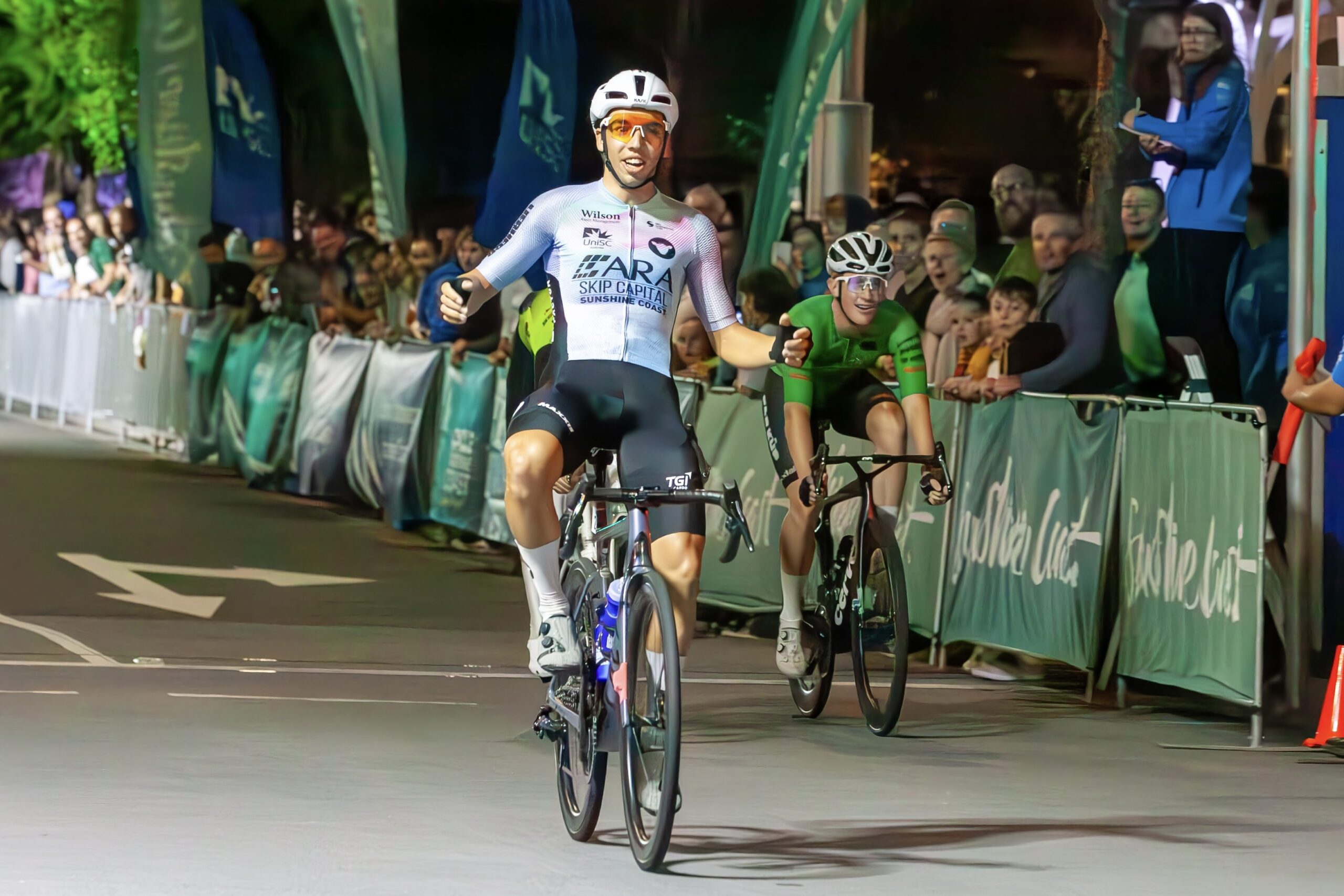
The race promoter’s view
To begin with, the other events on the current NRS calendar – the Tour de Brisbane, Tour of the Tropics, and the Tour of Gippsland – won’t be included in the PSL. Tour of Gippsland promoter Karin Jones (who also runs the Melbourne to Warrnambool) told Escape that she’s disappointed Gippsland won’t be part of the PSL, and that she has expressed that disappointment to Wilson.
“But I will continue [the race],” she says. “I don’t see it as a problem. I’ve got some really good local support from local companies and local government here and the event will continue. And I think the event and my event company reputation is enough that we’ll see people come and just race it as an individual race.”
Wilson hopes that events like the Tour of Gippsland will be able to join the series in the years to come, if the PSL becomes established and commercially viable in the way he’s planning. That would suit Jones, too. “If there was an expansion opportunity I would love that to happen,” she says.
Overall though, Jones is happy to be involved in the PSL via the Melbourne to Warrnambool Classic. She had some initial hesitations – for example, would sponsorship arrangements made for the PSL conflict with other sponsor arrangements she has in place for other events? – but those concerns have since been allayed.
“When I really read the proposal and looked into it, I went, ‘This is what we need,’” she says. “I’m very happy to support it as a promoter delivering events.”
Because, like many, Jones has seen the writing on the wall. She’s seen the cost of running events grow to unsustainable levels in recent years. In fact, she only remains in the event management business to help provide racing opportunities for young cyclists, just like her sons had (Brenton Jones raced for four years at ProTeam level with Drapac and later Delko.)
“We’re lucky to break even,” Jones says of her cycling events. “I don’t make anything out of running these events – I don’t make a wage – because we’re lucky to cover the costs. I do it because I love it and I want to give these opportunities, the same ones our boys have had, to others, but it’s harder and harder and harder.
“And I see this [the PSL] as an opportunity. I would have said, in the next year or two, I wouldn’t have been able to continue because it’s just so cost-prohibitive now that unless you see something like this, that is giving a hand to promoters …”
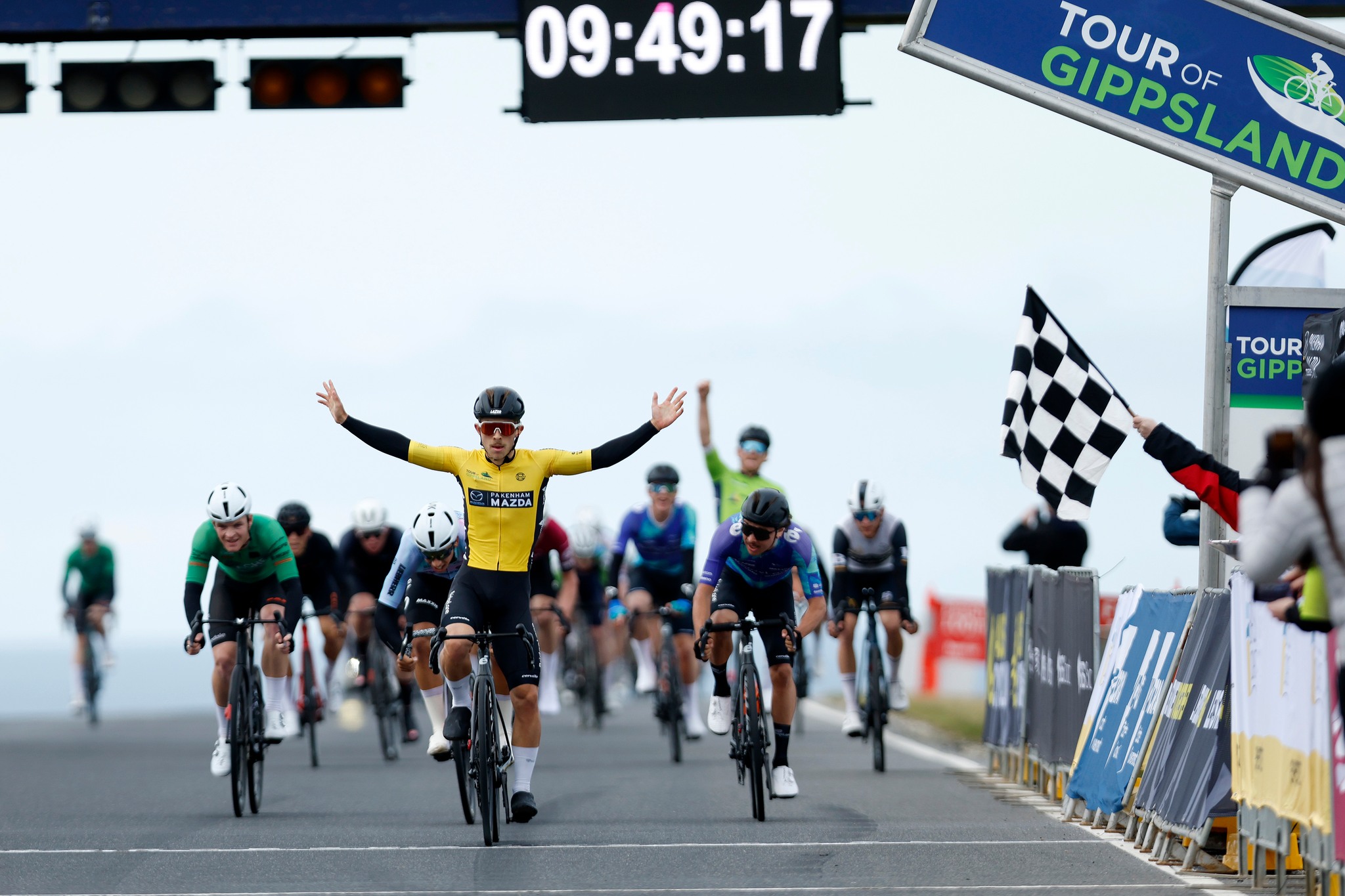
The AusCycling view
So how does AusCycling view this upstart series, given the ProVelo Super League will replace the NRS? In short, the governing body is very supportive.
“Obviously, the NRS has had some great times,” says Kipp Kaufmann, AusCycling’s executive general manager of sport. “If we start thinking through some of the riders who’ve come through as a development pathway, it’s been incredible. It’s probably been, for any discipline, the most successful development pathway.
“It certainly has had some ups and downs and obviously since COVID-19 it’s had some challenges, and I guess with the change of organisation [from Cycling Australia to AusCycling in 2020 – ed.], it’s really taken us some time to think through what we should be doing with road.
“Road around the world needs some work at the moment. Participation numbers have generally fallen. So it’s really good and exciting to have investment into the road, particularly at the domestic level, so that we can start using that as a catalyst to growing road and getting excitement around it.”
Kaufmann agrees that the start of the PSL could be seen as the end of the road for Australia’s NRS, but he also sees it as an evolution of that series.
“I genuinely do, because a lot of the events remain within it,” he says. “There’ll be domestic teams, and in many ways, there’s lots of the same things that will be happening. But I guess it’s the next step, and the next logical step, with greater investment, more looking at a commercial lens, and hopefully something that leads to more riders, more investment into road, more excitement around it, and more riders racing internationally.”
AusCycling and PSL organisers are currently working through an agreement that will spell out how the governing body will contribute to the new endeavour, with Kaufmann telling Escape that “we want to work on each other’s strengths and make sure that it’s a success.”
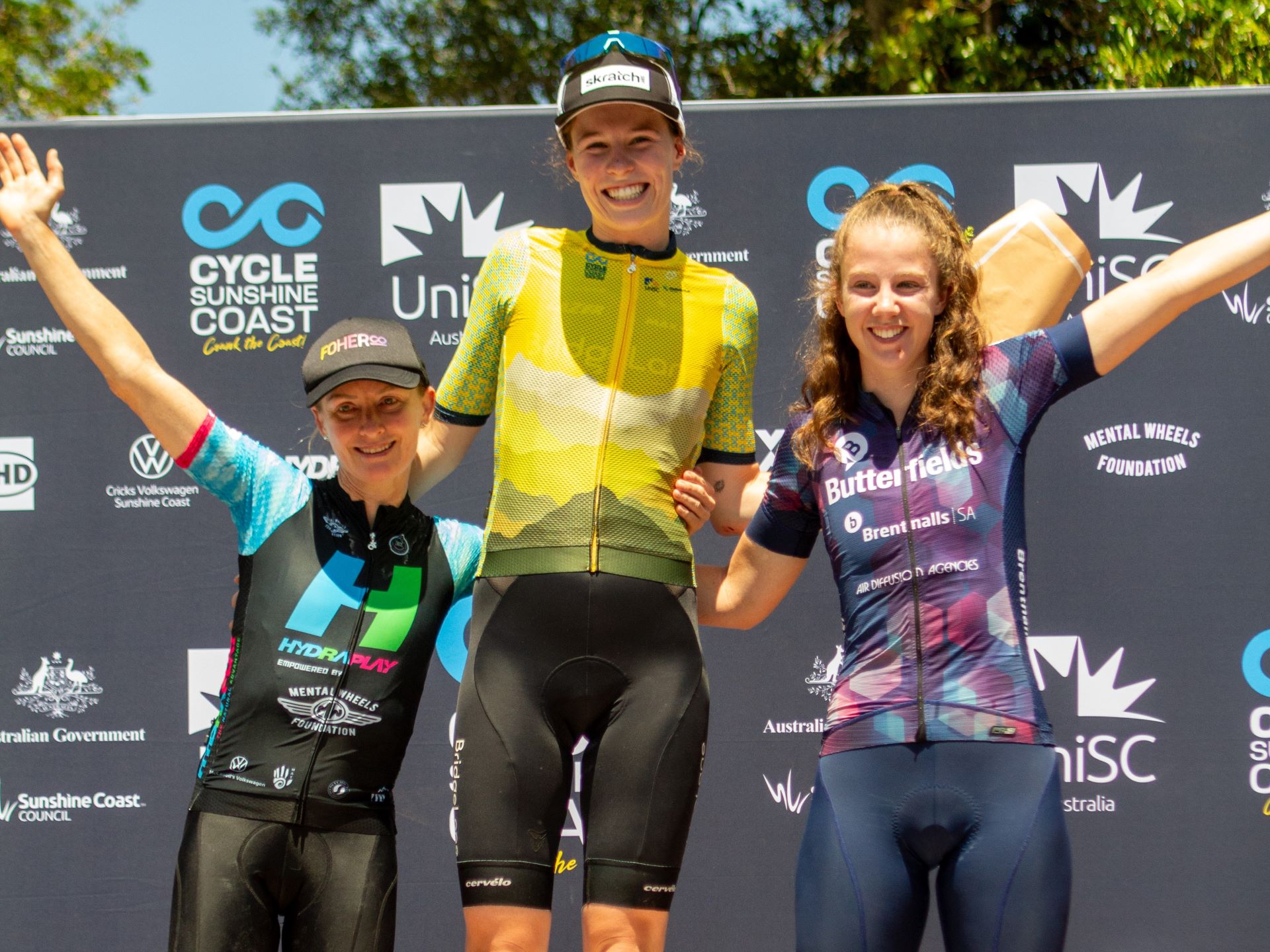
New series, new fans?
If the PSL is going to be successful, it will need to reach more people and be more engaging than the NRS currently is. Live broadcasting will be crucially important.
The current NRS is largely serviced by half-hour highlights packages broadcast on SBS a week after the event (the Melbourne to Warrnambool has been livestreamed at various times, but that’s an anomaly). Wilson knows more needs to be done in 2025.
“It’s not going to be the entire stage of every race live – that’s unrealistic, and I don’t think it’s a terribly attractive product either to watch five hours of the bike race,” he says. “But we’re certainly going to be streaming a good portion of the last section of every stage live. That’s the goal. That’s where we want to get to, whether it’s some stages [are] highlights, some stages are live – at every event there’ll be a live portion.
“By providing a live broadcast package and a quality broadcast package that people are going to want to watch, then you’ve got eyeballs on it. And that allows an event organiser to sell sponsorship, and to make it commercially attractive.”
Wilson believes that live coverage like this, plus the more-compact nature of the series, should make for a more compelling package overall.
“One of the key drivers of the whole concept is to create an understandable narrative that the media can get behind,” he said. “It’s something to talk about during the week, and then you’ve got a race on that weekend and a leaderboard that is constantly changing and moving and [providing] things to talk about.”
For fans of Australian domestic racing that want the PSL to succeed, there’s a simple way to help.
“Follow and watch is probably the best way,” Wilson says. “Get out to an event if it’s in a city near you. This will only work if people watch it and people follow it. If no one watches and no one follows, and no one cares, we can put on all the great events we want, we can get excited and do whatever, but the sponsors aren’t going to come and it’s not going to be viable commercially.”
While reticent to give details, Wilson says that Gerry Ryan’s backing is enough to give the PSL several years of runway in order to become properly established. And if that doesn’t happen, and the PSL doesn’t last, AusCycling is committed to stepping back in and picking up where it left off, hopefully having learned something along the way.
“We would stay committed to reinvesting in it and learning from what may or may not happen [with the PSL] and continuing to build upon that,” Kaufmann says. “No matter what the decision is after a few years of the ProVelo League we will stay committed. And I’m sure, again, this will bring a lot of positive changes that could get incorporated into whatever may happen into the future.”
While it’s still early, the ProVelo Super League appears to be a promising development for domestic road racing in Australia. Worst case scenario: the PSL only lasts a few years and then we’re back to where we are now, albeit with a bunch of lessons learnt.
But if things go as planned, Australia will have a commercially sustainable and engaging domestic road racing competition for the first time in years, helping to strengthen the pathways to the pro ranks for a long time to come.
Interested in supporting the ProVelo Super League? Matt Wilson and co are looking for sponsors:
“Anybody who has a company and has an interest that thinks ‘I’d like to come and support a team, I’d like to come and support an event, I’d like to come and support the league’, whatever it is, if they’re looking for a way to get in, contact us through our website,” he says. “Then we can find the best product or the best outcome that you’re looking for for your business.”
What did you think of this story?
